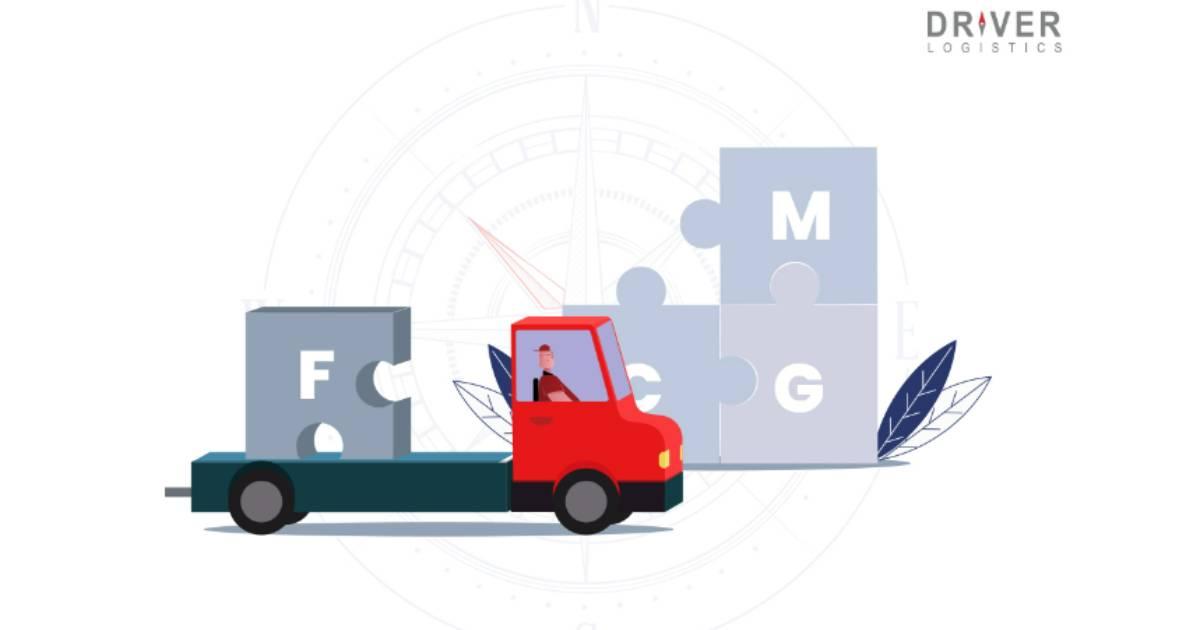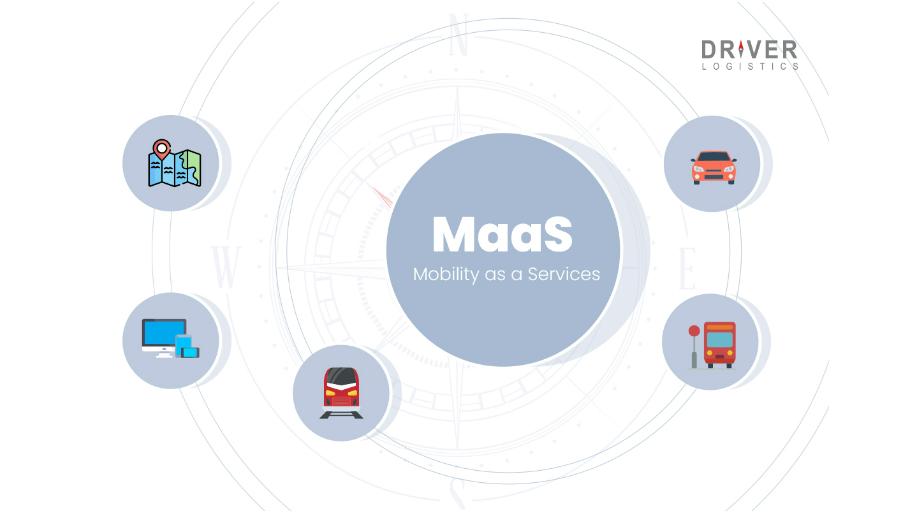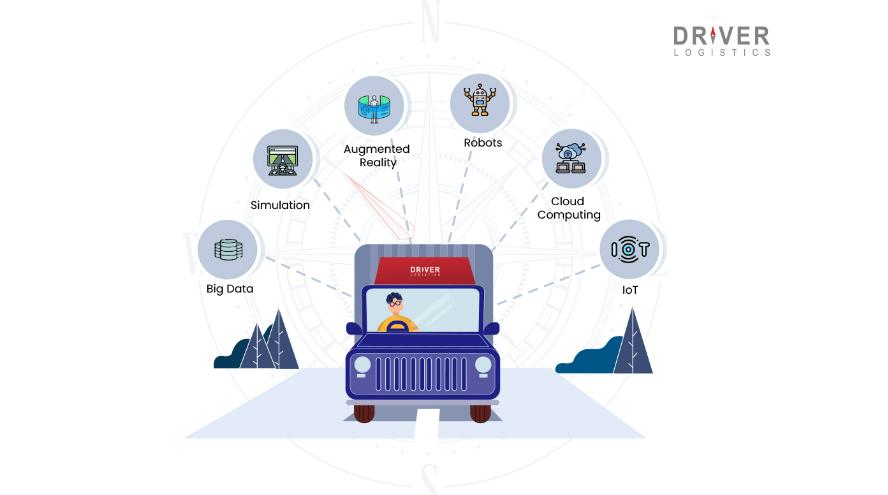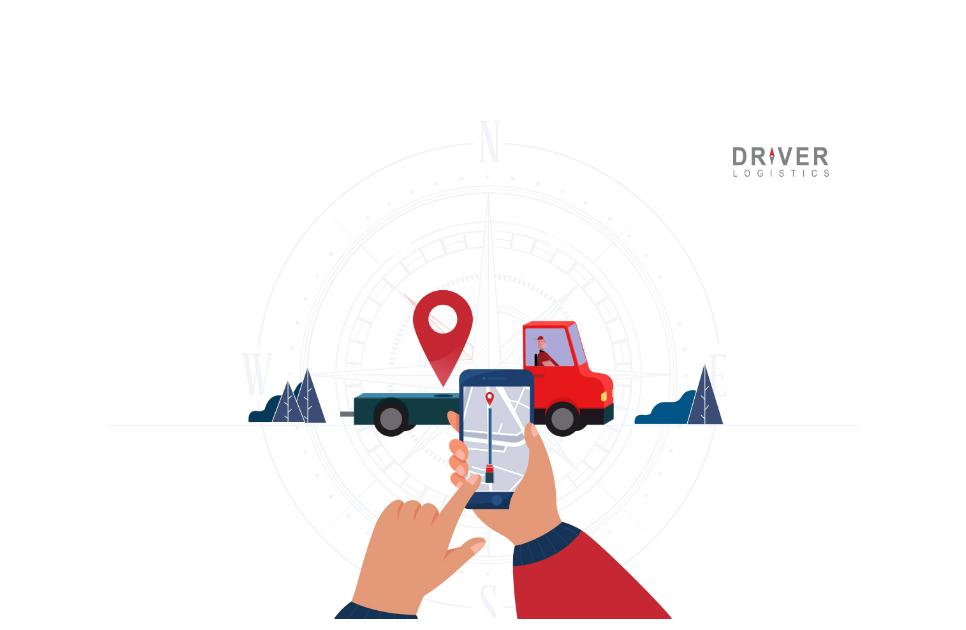
FMCG or the fast-moving consumer goods industry need a robust fleet management system to deliver quality products to customers at the right time. FMCG has a short life, so the effectiveness of the fleet management system plays a crucial role in determining the success of the industry. Speed, safety, and accuracy are the three elements every FMCG fleet solution needs to transport perishable goods across long distances within a short time.

Customer behaviour and expectations are changing constantly. The advancement in technology has given them ample opportunities and myriad choices. As a result, competition is rising in the FMCG industry. To stay relevant in the market, every consumer goods company needs to enhance their delivery schedules.
Read More: Top 6 Inventory Management strategies to Boost Supply Chain Efficiency
Benefits of Implementing a Technology-Enabled Fleet Management System in FMCG

The logistical effort required in keeping pace with an ever-demanding market is a huge challenge. But if optimized effectively, it will bring a lot of opportunities:
Enhance Timely Delivery
Unlike other retail sectors, due to its perishable nature and high consumer demand, FMCG needs enhanced delivery service to reach customers at the right time at their doorstep. Planning freight movement by understanding good shelf life is crucial for every FMCG to live up to consumer requirements. Implementing a robust fleet management system with technologies like GPS and real-time updates and planning the entire transport journey gives the consumer goods sector a better roadmap to eliminate delivery challenges.
Control Fuel Costs & Improve sustainability
FMCG products are what consumers use frequently and are in high demand. In a rush to reach out to customers, sustainability sometimes takes a back seat. Limiting the carbon footprint has become a tough spot amidst increased demand from consumers. From packaging to logistics, FMCG needs a robust management plan to control fuel costs and enhance green trends.
Consumers expect ethical distribution of products and are concerned about food waste and plastic packaging. Being one of the competitive sectors, leading FMCG companies are on a drive to avoid unnecessary packaging, unplanned routes, and pollution and completely get rid of single-use plastics.
New government rulings, automation regulations, and increased public demand for accountability are forcing the FMCG sector to adopt sustainable logistics trends that help to:
- Eliminate unnecessary trips by enhancing truck loading.
- Follow routes that have the least stops and ensure the engine run smooth
- Shift to clean energy and use battery-powered electric trucks for urban areas.
- Use big data to boost disruptions within the supply chain.
- Efficient route planning with real-time data from carbon footprints.
Track Vehicle & Driver
Intelligent digital technology data and automation is crucial for FMCG vendors to optimize the entire fleet. Tracking drivers, providing real-time updates on bottlenecks, and ensuring security are crucial for every logistics sector. Damage and inventory loss are the results of inefficient tracking in logistics. Giving your drivers real-time updates can help them eliminate unnecessary touchpoints and reach customers at the right time.
AI and ML-enabled logistics are shifting perceptions towards opportunities in live tracking. Technology-enabled tracking systems like and other mobility trends have brought a connected movement of goods and improved the scope for holistic decision-making in logistics management.
Moreover, drivers' conduct and are crucial concerns in logistics. With an intelligent Fleet Management System, it is possible to track real-time drivers’ behaviour and safety. Also, sensors, Bluetooth, and wireless technologies have made it easier to enhance last-mile visibility and achieve delivery efficiency.
Recommended Reading: Maximizing Efficiency: How to Optimize Your Last-Mile Delivery Process
Generate Detailed Reports & Statistics
Fleet Management System (FMS) helps to create large amounts of figures generated from past records, history and statistics. It helps to augment mitigative measures and smart and actionable data and reports, which will help to implement alarm systems and security bringing accuracy in performance.
Win New Contracts
Delivery is a crucial segment that defines the success of any retail business. You might be having the best products and sustainable packaging, but what is the use if you fail to deliver it to your clients at the right time? To win new contracts, you need to improve your logistics efficiency. It might be difficult to run an in-house logistics unit by adopting an ever-evolving technology. Many leading FMCG units are now partnering with 3PL service providers with excellent FMS to augment their delivery service. This will help to ensure accuracy in delivery and win new contracts in the future.

Top Fleet Management Trends for FMCG 2022
When it comes to logistics and fleet management, there are some pain points we need to address as we move forward:
- Balancing Production and Demand
- Delivering to the Market on Time
- Ensuring Backup
- Battling Counterfeit Goods
However, there are avenues through which the flow of an FMCG product could be improved, thereby ensuring that much more of the market share. Fleet management is one of these avenues. Here are some of the top trends you must know in 2022.
- Telematics Tracking
Get all your tracked data in a single dashboard. Utilize telematics tracking and GPS systems to enrich your data usability and get customizable dashboards that provide real-time diagnostic level data. Also, FMS now has integrated voice capabilities, robust data analytics, and enhanced Artificial Intelligence (AI) features that make delivery easier and contact-free.
- Remote Fleet Management Efficiency
The onset of pandemic demands social distancing and remote working. In a network-oriented logistics ecosystem, ensuring remote fleet management efficiency seems to be a challenge. However, the implementation of technology and software-oriented solutions have made it possible to build visibility and transparency in the entire fleet system. Now supply chain leaders and fleet managers can efficiently manage the entire logistics by sitting in any corner of the world.
- Big Data Security
Enhancing IT skills is what retailers and fleet managers are focusing on in the post-pandemic age. Demand for FMCG products is rising day by day. Strategic management is necessary to track the influx of data, secure it and make predictions. Fleet management systems create a lot of real-time data on the geographical location of the truck drivers, the pickup points of cargo, and other significant points that may be used by competitors and criminals. So, focusing on fleet management solutions embedded with security tools is highly crucial to prevent a data breach.
- Automation
Increasing productivity and amplifying delivery are the necessities to meet the rising demand for FMCG. Manual data handling and operations are not going to work in the upcoming years. It's time to focus on automated trends and integrate autonomous vehicle services to evolve with the changing consumer trends.
- Mobility-As-A-Service
Third-party logistics services are not a new avenue, but they are going to witness a heavy rise in the upcoming years. Mobility-as-a-service signifies various transport services embedded in a single mobility system. Vehicle sharing and third-party mobility services are the new affordable and convenient trends going to upskill fleet management systems and FMCG sectors.
Suggested Reading: 6 Effective Green Logistics Strategies Driven by Smart Technology
Optimize your Fleet to Go the Extra Mile
Fleet management logistics sectors are increasing rapidly. Advanced technology features and software capabilities have made the fleet solution more resilient and secure in changing times. Integrating excellent fleet management service providers with the latest technology and innovative approach is crucial to leverage customer satisfaction, efficiency, and productivity.
FMCG is moving through a crucial phase. The onset of the pandemic and the rising demand necessitates a faster and sleeker delivery service. Improving the competitive edge seems to be a challenging task. But, what to worry about if you have the best 3PL solutions! Third-party logistics providers can help you streamline your FMCG business to deliver the best experience to your customers.